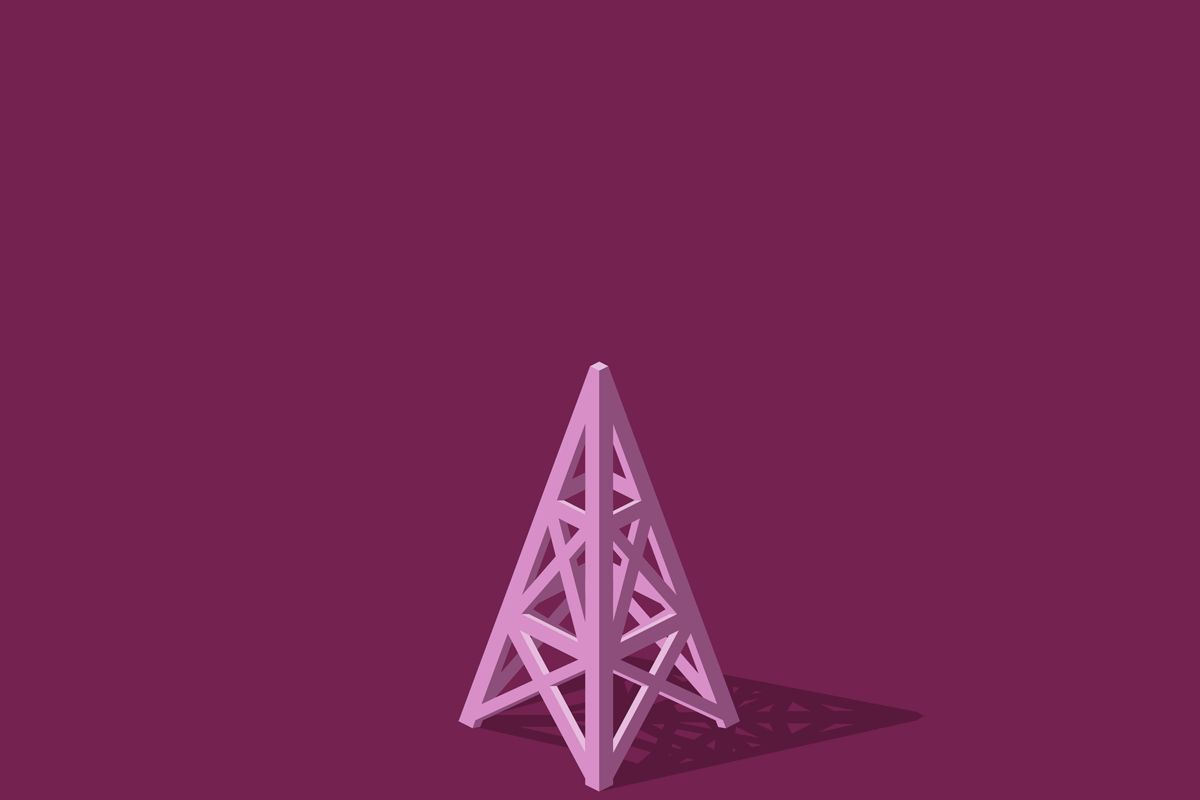Comcast thinks it has an answer to cord-cutting: getting into the wireless mobile network business. But that alone might not be enough to stop its traditional cable customers from flocking to online video.
Today the company announced that it will launch its own mobile phone and internet service called Xfinity Mobile. The service, expected to launch in mid-2017, will run atop Verizon's cellular network as well as on Comcast's 16 million Wi-Fi hotspots, and it will only be available to existing Comcast customers.
Comcast has been planning this network for years. It first mentioned its wholesaler agreement with Verizon in 2011. But it's hard to ignore the timing of today's announcement. The plan follows AT&T's launch last year of a streaming television service called DirecTV Now that puts the company in direct competition with Comcast's cable television services. It appears internet service providers will continue engaging in the battle of bundling to gain an edge on each other.
And for good reason. Pay TV companies are competing with numerous online video services---from Netflix and Hulu to Dish Network's Sling TV and Google's YouTubeTV---and the industry reportedly lost $1.7 million customers last year, its sharpest decline yet. Meanwhile, competitive pricing from T-Mobile and Sprint is squeezing AT&T and Verizon. Comcast's offer could, in theory, help keep its television subscribers from bolting to AT&T or other companies that offer internet and mobile service. And by partnering with Comcast, Verizon could keep customers on its network instead of seeing them depart for a lower-cost competitor.
So, if you are a Comcast customer, should you sign up for this super bundle? Whether this is a money-saving deal for you will depend on your habits.
Comcast's Xfinity Mobile unlimited plan will cost $65 per line---or $45 per line if a customer buys one of Comcast's highest-end TV/internet bundles---and the pay-per-gig option will cost $12 per gig of data. A Comcast spokesperson says that the company's own streaming services will not be "zero rated," which means they will count against your data usage. So even if you're watching NBC shows using the Xfinity Stream app, it still counts as data. You'll be able to switch back and forth between unlimited and pay-per-go on a month-to-month basis with no extra fees, so if you think you're going to exceed five gigs one month, you should switch to unlimited. But if you're someone who keeps a careful eye on data usage (or doesn't use much data at all), you should be able to keep your per-line cost under $65 every month.
A spokesperson says that Comcast won't slow your video streams, which other providers, such as T-Mobile, have done in the past. But as with most unlimited data plans there is a catch: if you use more than 20GB in a month, you could see reduced speeds while using busy cell towers.
Comcast's offer is competitive, but wireless data prices are dropping fast. Today Sprint announced new unlimited data pricing of $50 a month for one line and steep discounts for additional lines. T-Mobile's unlimited plan costs $70 for one line, or $75 if you want to stream high-definition video. Verizon's unlimited plan costs $80 per month for one line. AT&T's unlimited plan costs $90 and now includes HBO for free (it also offers a $60-per-month unlimited plan that limits video streams to DVD-quality instead of high-definition and no HBO).
Even if you get your broadband through Comcast, it may still end up being cheaper for you to keep that stand-alone home broadband service, buy an unlimited plan from either Sprint or T-Mobile, and get a separate subscription to a streaming service.
For example, one unlimited data line on Sprint, Sling TV's "Blue" level of service with the HBO add-on, and Comcast's 25MBps standalone service should cost you a total of $155 before taxes and fees. Comcast's X1 Starter Doubleplay bundle, which includes 100MBbs internet and over 140 channels (but no HBO), costs $120 a month before taxes and fees, so adding the company's $65 mobile plan would bring the total to $185 unless Comcast applies additional discounts (it's not yet clear which Xfinity plans will qualify for $45-a-month unlimited plans). And if you need need multiple unlimited data lines you'll likely see considerable savings going with Sprint.
There are other reasons you might want to take Comcast up on its offer, however. You might prefer Verizon's network to Sprint or T-Mobile, for instance. Or you might want the faster speeds that come with the Doubleplay bundle. Ultimately, it comes down to your needs and preferences. Comcast's pricing is probably the best deal if you don't use much wireless data and just can't live without a traditional pay TV service and all the channels and options that come along with it. You may also prefer a bundle if you regularly watch enough TV or steaming video to eat through your broadband provider's data threshold (1TB for Comcast, or 300GB for AT&T).
Prices are in flux as new players enter the market. More consolidation could also change things considerably. Were T-Mobile and Sprint to merge, for example, you might start to see wireless data prices tick back up again. Alternately, should Dish acquire one of those two mobile carriers, it could start offering its own bundles that could drive prices down further still. But for now, in this increasingly deregulated space, Comcast just gave its customers another pretty decent bundle to pick from the bunch.

